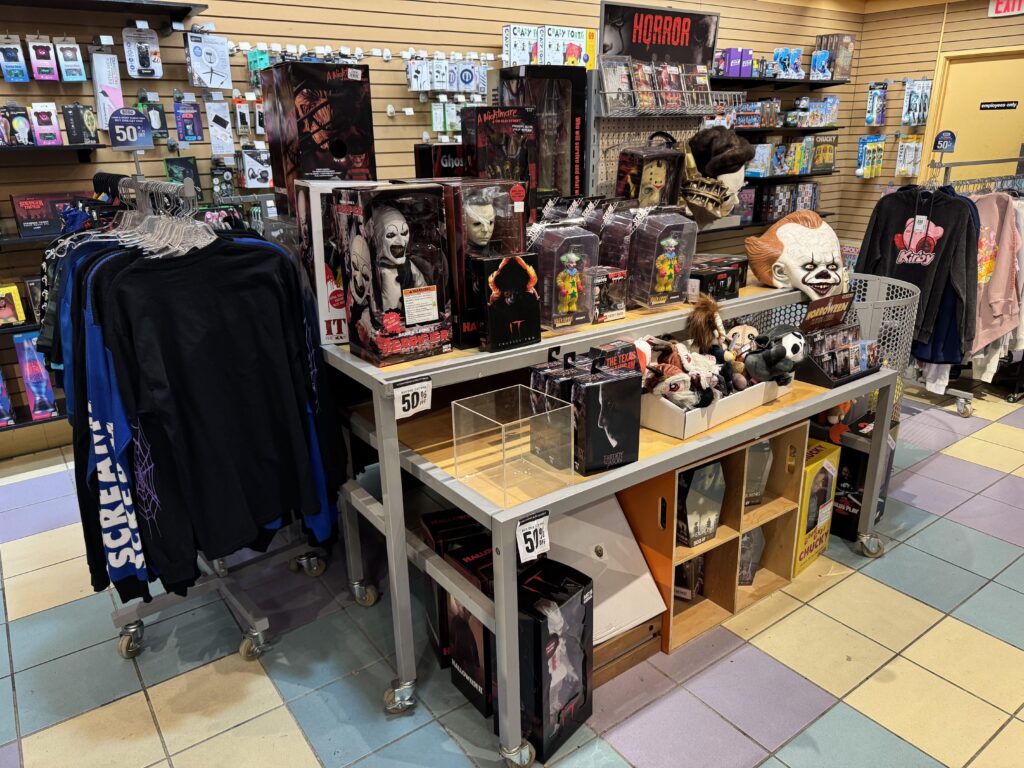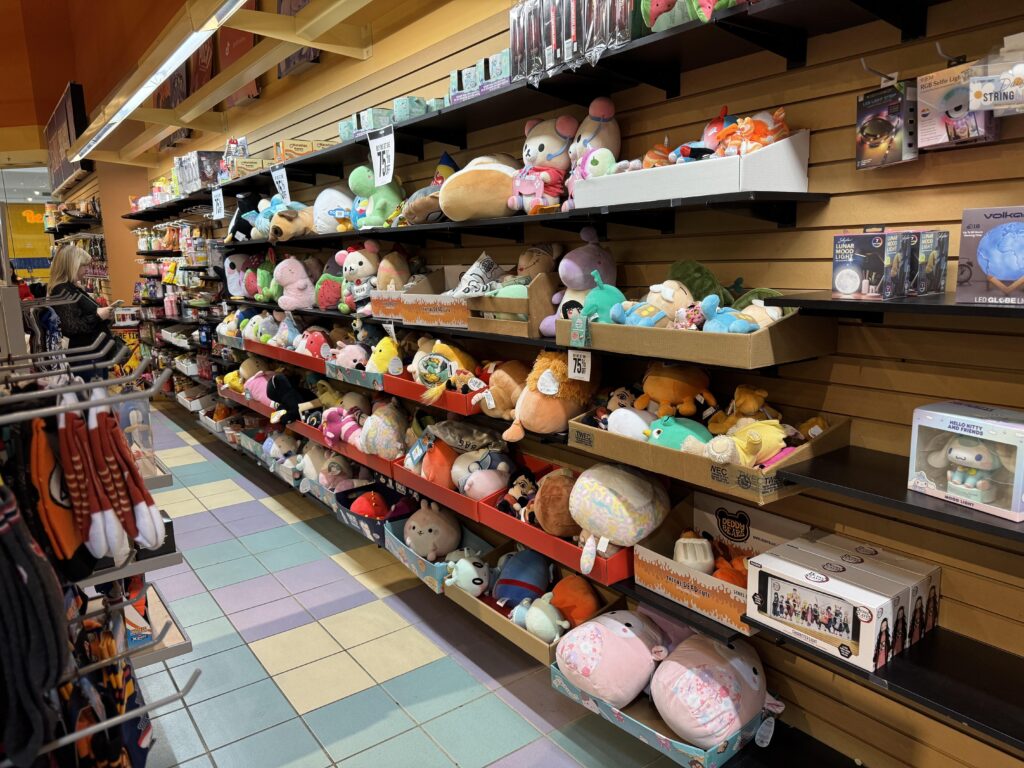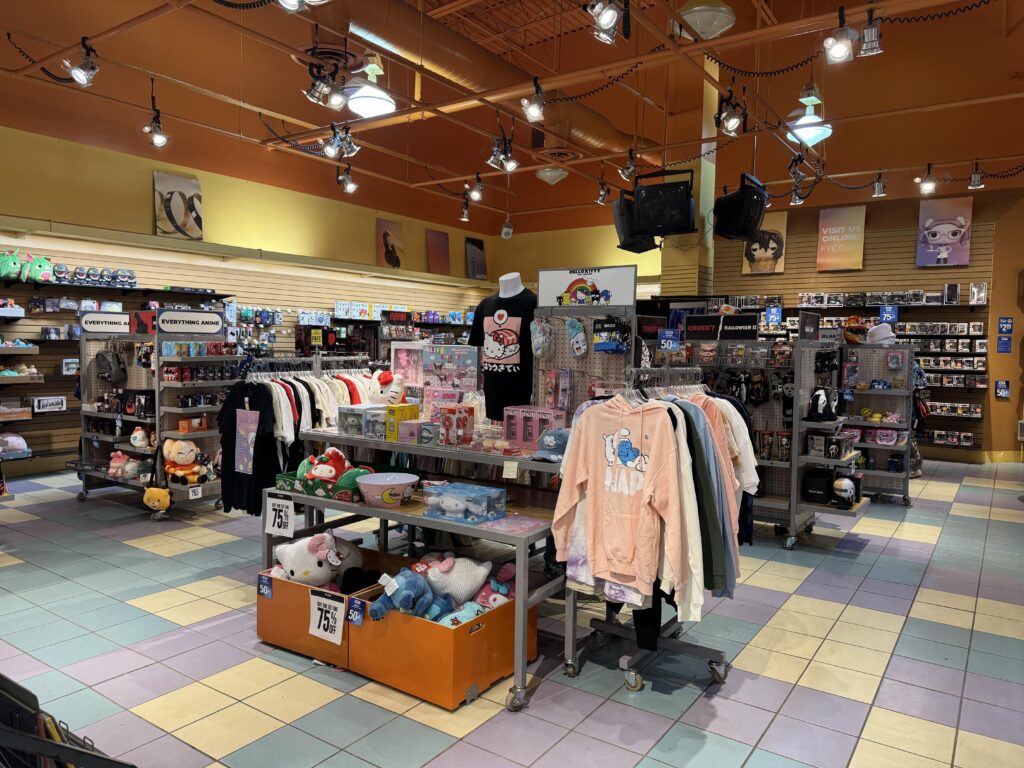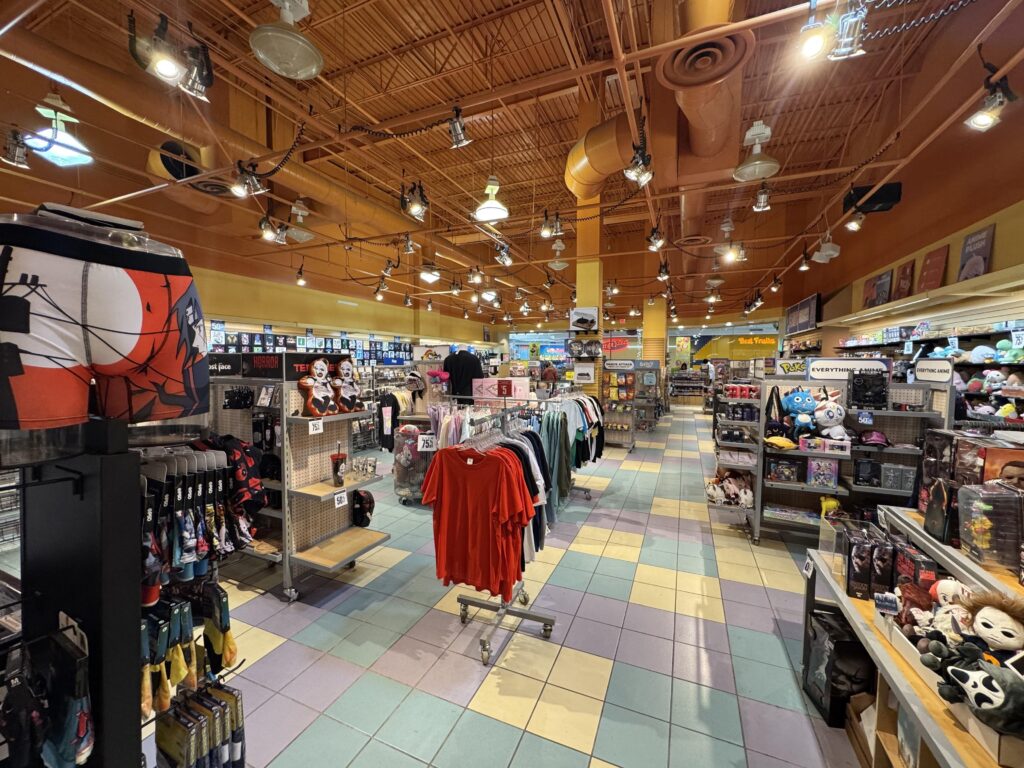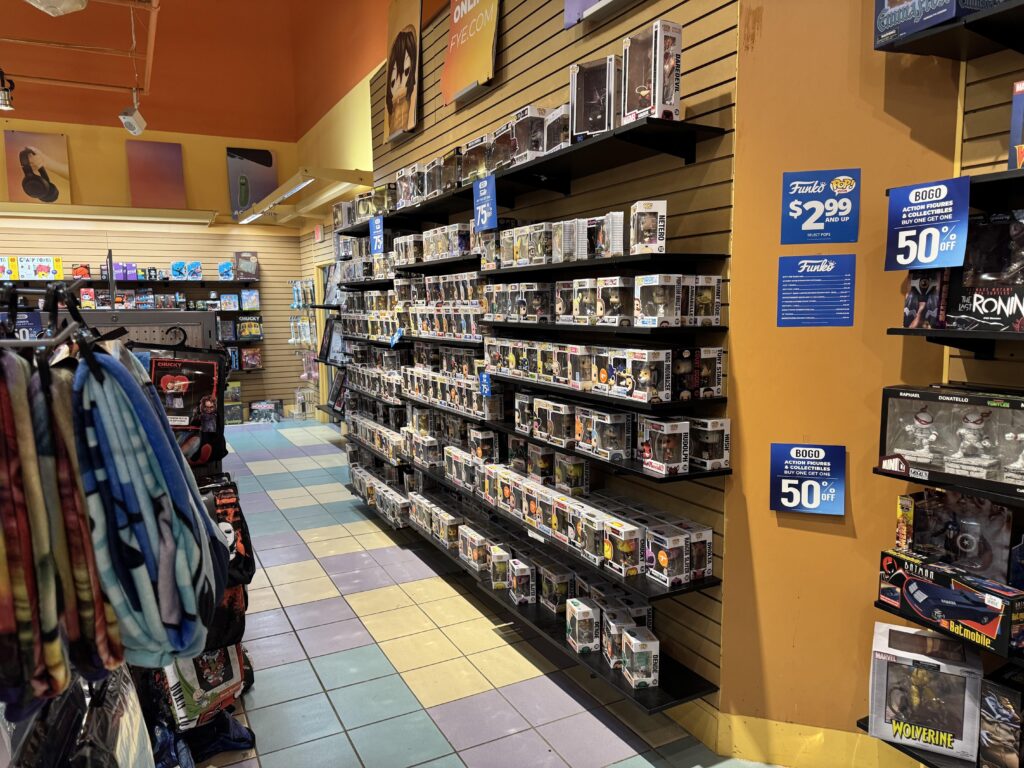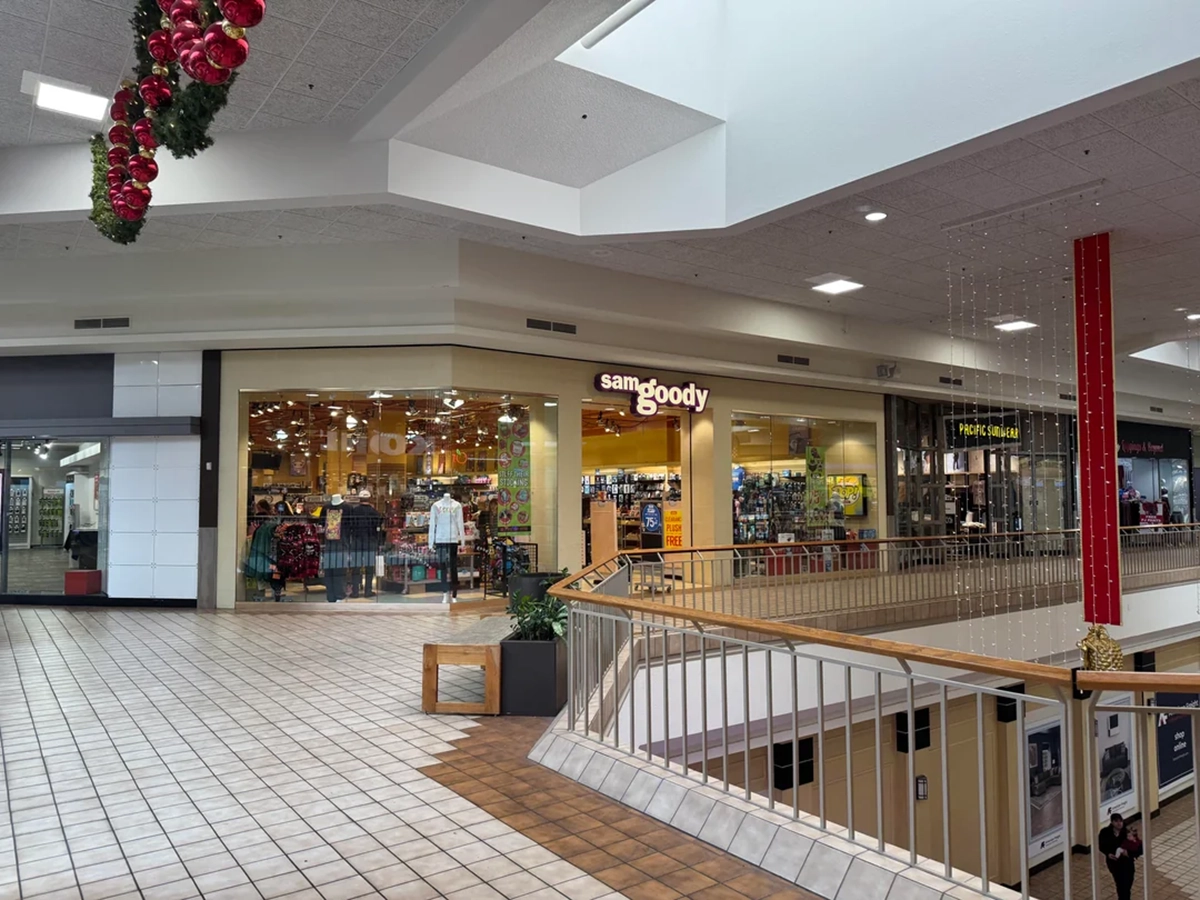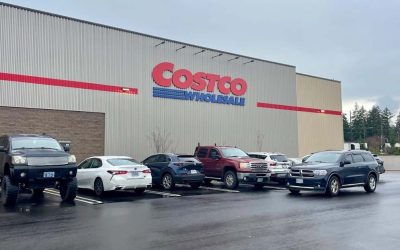Sam Goody, once a household name in music retail, has announced the closure of its last two remaining stores, marking the end of an era that spanned more than seven decades. For many, this news sparks a wave of nostalgia, but here’s the real kicker—I had no idea there was even one Sam Goody left in Oregon!
I stumbled across some photos recently taken and posted by a user named RedPlaidLad in the r/deadmalls subreddit. The pictures, featuring the Sam Goody in Medford's Rogue Valley Mall, immediately took me back in time. Seeing the store's faded signage and the recognizable layout was like a time capsule, a reminder of just how deeply ingrained this chain was in the fabric of music retail. Little did I know this store was one of only two left in existence, still standing quietly in Oregon.
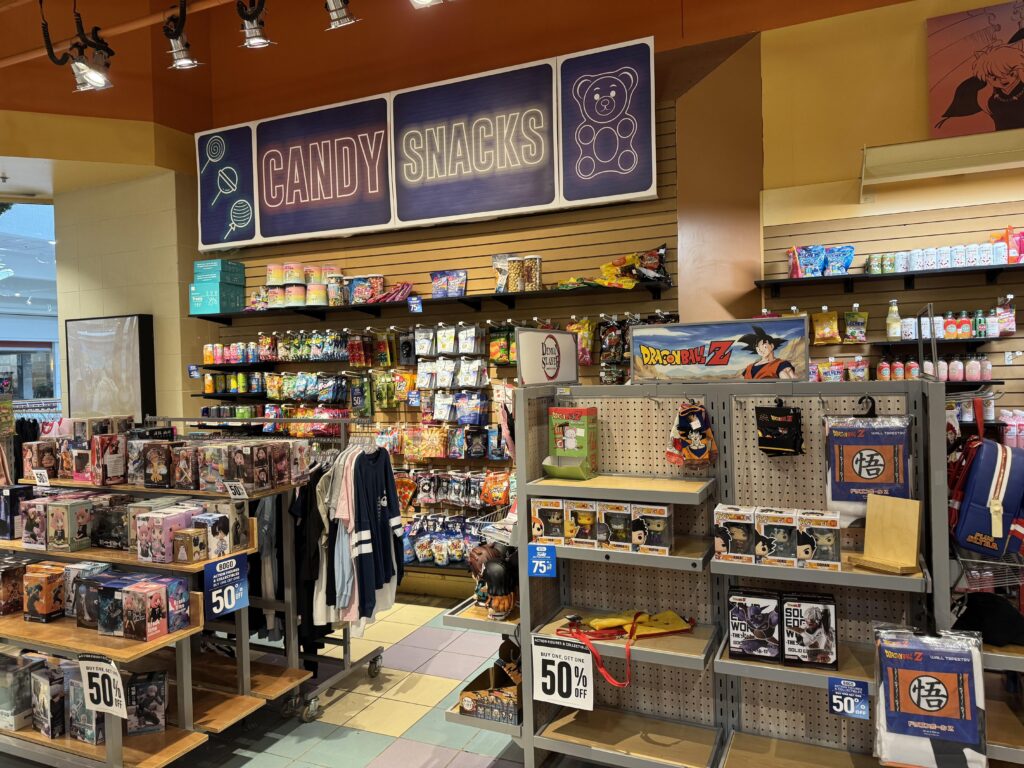
Founded in 1951 by Sam Gutowitz, the first Sam Goody store began as a toy and novelty shop before venturing into records, a move that would define its legacy. By the 1950s, Sam Goody became a haven for music enthusiasts, thanks to its discounted vinyl records. Fast forward to the 1980s and 1990s, the chain had become a cultural staple, with stores in malls across the U.S. and even the U.K., hosting artist signings and making record release days unforgettable. At its peak, there were about 800 Sam Goody locations nationwide—a testament to how deeply it resonated with music lovers.
Like many others, I thought Sam Goody was a relic of the past, swept away by the tidal wave of digital downloads and streaming services that emerged in the early 2000s. The shift in how we consume music, compounded by retail mismanagement, led to the company filing for bankruptcy in 2006. Many locations were rebranded under the f.y.e. (For Your Entertainment) banner, and by 2012, only a handful of Sam Goody stores were left.
Now, the two final stores—one in Ohio Valley Mall in St. Clairsville, Ohio, and the other right here in Oregon at the Rogue Valley Mall in Medford—are preparing to close their doors for good. While the Ohio location is expected to shut down by February 2025, there’s no specific timeline yet for the Medford store. But the announcement marks the end of a chapter for those of us who remember Sam Goody as the go-to spot for the latest albums, underground finds, and the joy of flipping through endless aisles of CDs and vinyl.
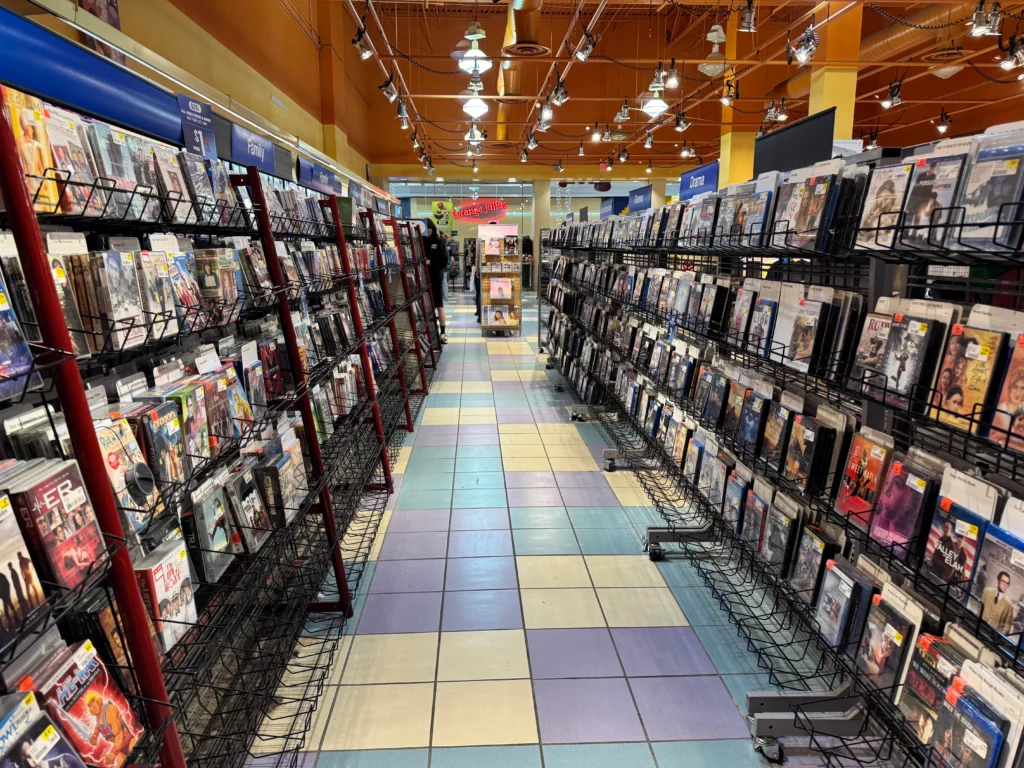
Rick Polanski, manager of the Ohio store, reflected on its heyday, when it pulled in over $2 million annually. However, despite efforts to adapt, even these last two stores couldn’t survive the seismic shifts in retail and music consumption. For customers who grew up frequenting Sam Goody, the closure feels like saying goodbye to a piece of their youth.
For me, discovering there’s still a Sam Goody in Medford is bittersweet. It’s like finding out a favorite childhood hangout still exists, only to learn it’s on borrowed time. Sam Goody wasn’t just a store—it was an experience. It was where you’d stumble upon your next favorite album, meet fellow music enthusiasts, and feel the thrill of buying physical music in an age when everything was digital.
Why I’m Buying Vinyl and CDs Again
In a world dominated by streaming services, I’ve recently started buying vinyl records and CDs again. For me, it’s not just about nostalgia—it’s about owning my media and music in a world where access can disappear overnight. Streaming platforms are undeniably convenient, but they come with their own risks. Here are a few reasons why I believe it’s more important than ever to invest in physical media:
- True Ownership: When you buy a vinyl record or CD, you own it outright. With streaming, you’re essentially renting access to a library that can change or disappear if a platform loses the rights to certain music. Remember when Taylor Swift’s catalog disappeared from Spotify for a while? Owning physical copies ensures you’ll always have access to your favorite albums, regardless of licensing agreements or subscription costs.
- Sound Quality: Vinyl, in particular, offers a richer, warmer sound that streaming services often compress. Listening to a record can feel like a more immersive experience, especially when paired with quality speakers or headphones.
- Tactile Connection: There’s something deeply satisfying about holding an album in your hands, reading the liner notes, and admiring the album art. Streaming lacks this tangible connection to the music.
- Supporting Artists: When you buy physical media, a larger share of your money goes directly to the artist compared to the fractions of a penny they earn per stream. It’s a way to show more meaningful support for the musicians you love.
- Preservation: Physical media lasts. In an era where digital files can become corrupted or lost, owning a physical copy of your favorite music ensures its longevity.
- Curation: Building a physical music collection feels more deliberate and personal than adding songs to a playlist. Every record or CD tells a story about where you were in life when you bought it and what that music means to you.
For all these reasons, I’ve found myself drawn back to the magic of physical media. There’s an intentionality to putting on a record or a CD that makes you slow down and truly enjoy the music—something that streaming, with its endless skips and shuffle options, often lacks.
Even as the last Sam Goody locations fade away, its legacy endures. That catchy slogan, “Goody’s Got It,” lives on in the memories of those who cherished the tactile and social aspects of music shopping. While the world of music retail has transformed into a realm of streams and downloads, Sam Goody remains a symbol of a bygone era—one filled with community, discovery, and the magic of flipping through rows of records.
If you’re in Medford, don’t miss the chance to visit Rogue Valley Mall and take one final nostalgic stroll through Oregon’s last Sam Goody. It’s a rare opportunity to say goodbye to a piece of music retail history before it’s gone for good. Who knows—maybe this store could follow in the footsteps of Oregon’s last Blockbuster, transforming into a quirky tourist destination that celebrates its legacy. Imagine Sam Goody becoming the ultimate pilgrimage spot for music lovers, where the nostalgia of flipping through records and CDs finds a second life as a cultural landmark. It’s a dream worth entertaining as we bid farewell to this iconic chapter.
